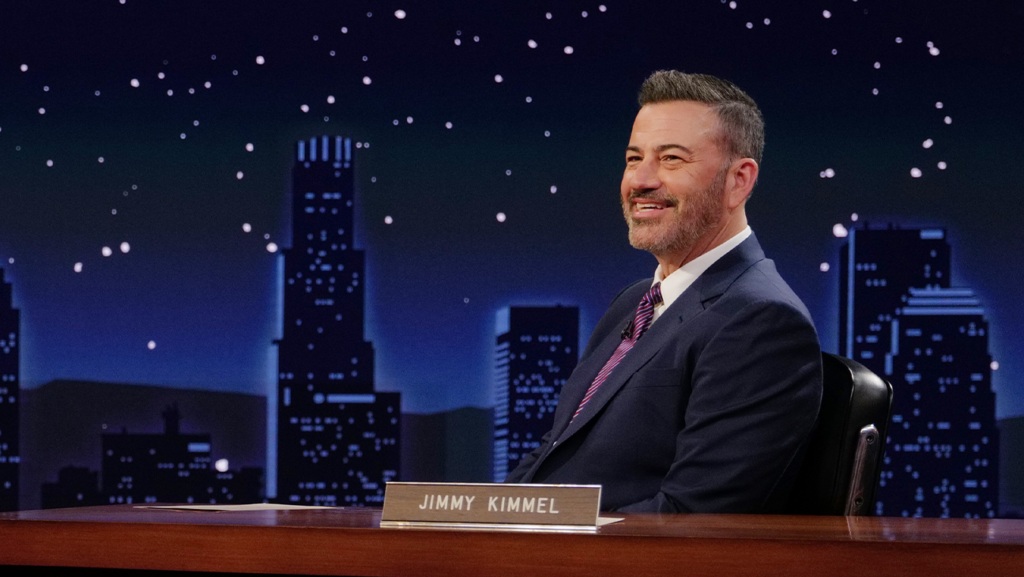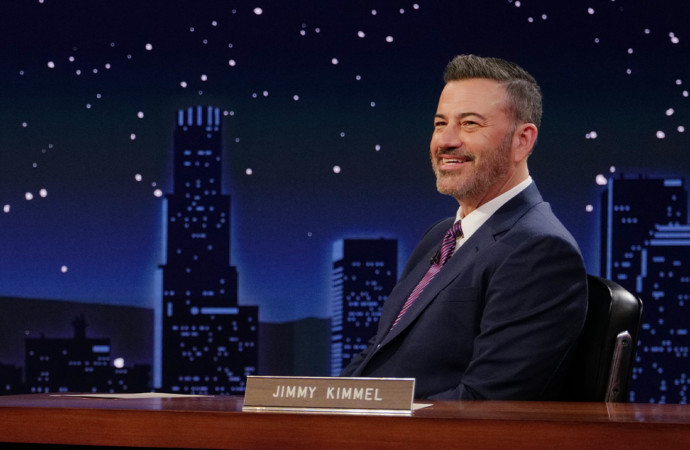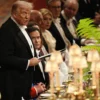Jimmy Kimmel will step back onto ABC tonight, but not every household will see him. Across several markets, viewers will find something else on their local ABC affiliates the result of a brewing standoff between the network, conservative media activists, and powerful station groups like Sinclair and Nexstar. What might look like a simple programming
Jimmy Kimmel will step back onto ABC tonight, but not every household will see him. Across several markets, viewers will find something else on their local ABC affiliates the result of a brewing standoff between the network, conservative media activists, and powerful station groups like Sinclair and Nexstar. What might look like a simple programming shuffle is, in fact, the latest flashpoint in a much larger struggle over free speech, political influence, and the cultural role of late-night television. The drama began when Kimmel, never shy about criticizing political figures, delivered a sharp monologue ridiculing Donald Trump’s remarks after the murder of Charlie Kirk, the conservative activist and head of Turning Point USA. Kimmel went further, suggesting MAGA supporters were trying to prove the suspect was not one of their own a line that quickly ricocheted across right-wing media. Conservative watchdogs clipped the moment, circulated it, and within hours the commentary had leapt from cable segments to social media feeds, with figures demanding ABC be held accountable.
Enter FCC commissioner Brendan Carr, who invoked the commission’s oversight of local station licenses in a blunt warning: “We can do this the easy way or the hard way.” For critics, it was an alarming suggestion that political pressure could shape broadcast content. For activists, it was a rallying cry proof that they could challenge one of late-night’s most outspoken liberal hosts. ABC’s subsequent move to sideline Kimmel, even temporarily, was cheered as a cultural victory by those who argue Hollywood tilts against them.

But television history is rarely written in single victories. Kimmel’s return, though not universal across all affiliates, serves as a symbolic rebuke to the effort to silence him. Organizations such as PEN America called the decision a “vindication for free speech,” framing the controversy not as a spat between a comedian and his critics, but as a defining moment in the battle over who gets to speak —and who gets to decide what millions of Americans are allowed to hear. Meanwhile, conservative commentators have not let up. MAGA podcaster Benny Johnson claimed Turning Point USA sees Kimmel’s comments as a “vicious attack” on its community, and calls for stronger pushback continue to echo across podcasts and political talk shows. The divide has only widened: to supporters, Kimmel is exercising the irreverence late-night television was built on; to opponents, he is using a national platform to smear their movement.

For ABC, Disney, and local broadcasters, the controversy raises uncomfortable questions about the future of late-night television in a fractured media landscape. Unlike streaming or cable shows, programs on broadcast networks remain dependent on local affiliates many of which are controlled by large station groups with their own political leanings and business priorities. If Sinclair and Nexstar can effectively mute a national program in select markets, the balance of power between networks and local outlets may shift in ways viewers are only beginning to notice. What remains clear is that the struggle around Jimmy Kimmel’s show is about more than one comedian. It represents the clash between entertainment and politics, corporate control and public access, satire and sensitivity. Late-night television has long thrived on controversy, but rarely has it been caught so squarely in the crosshairs of political warfare. As Kimmel takes the stage again, his familiar mix of comedy and critique will be more than just another monologue it will be a test of how much power satire still holds, and how far those in power are willing to go to keep it in check.

















Leave a Comment
Your email address will not be published. Required fields are marked with *